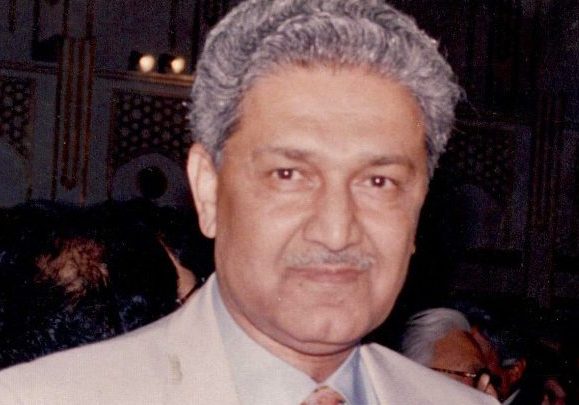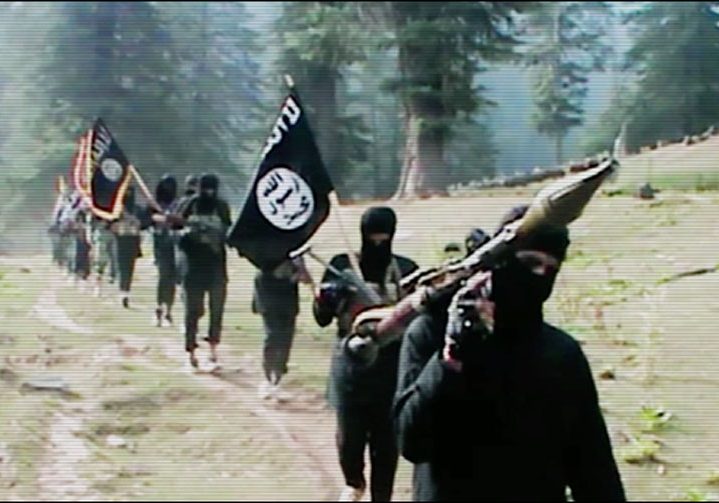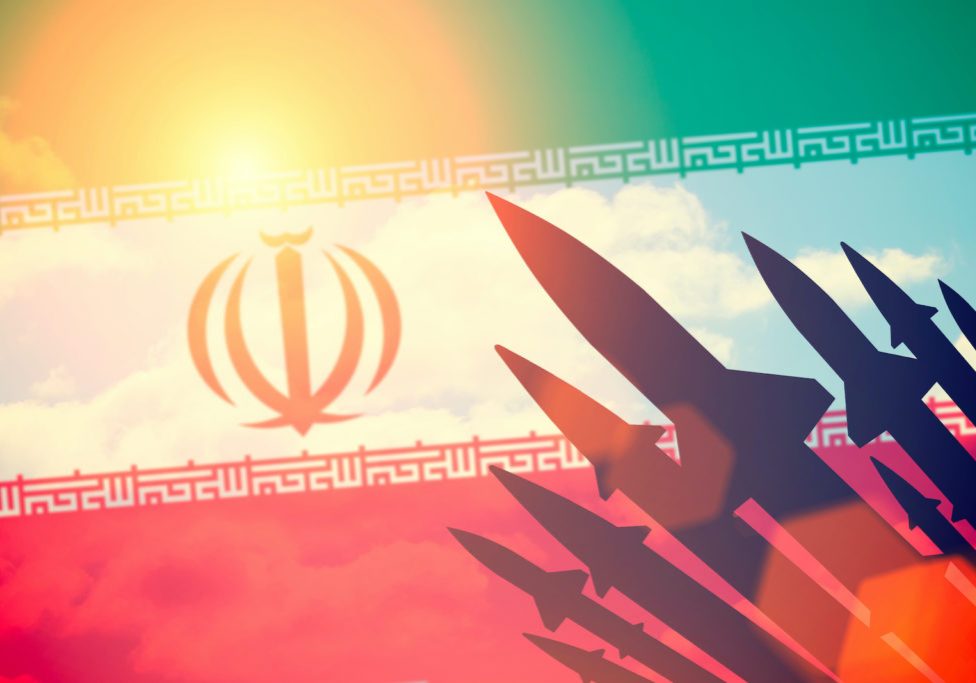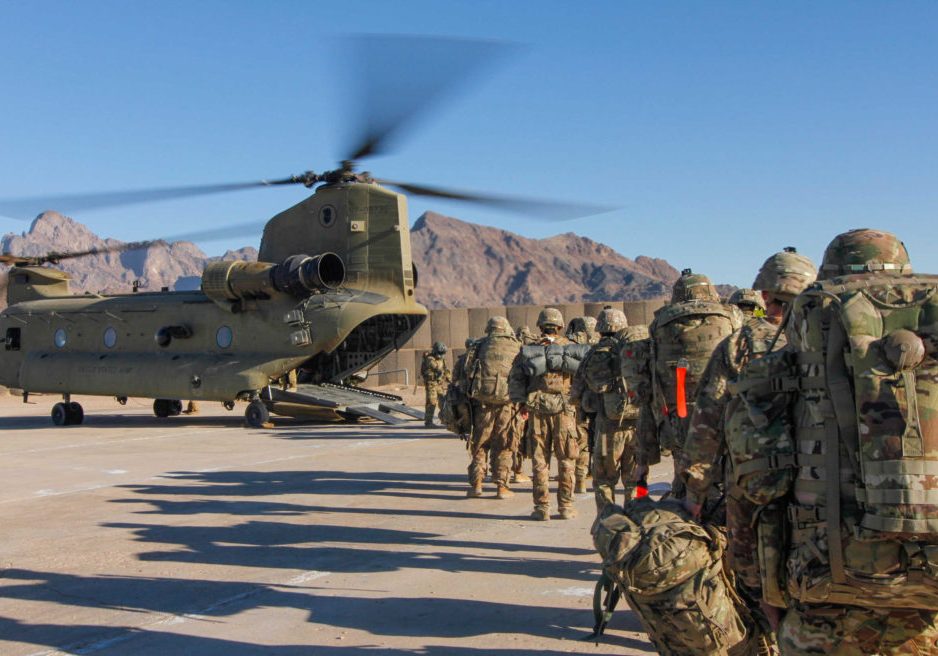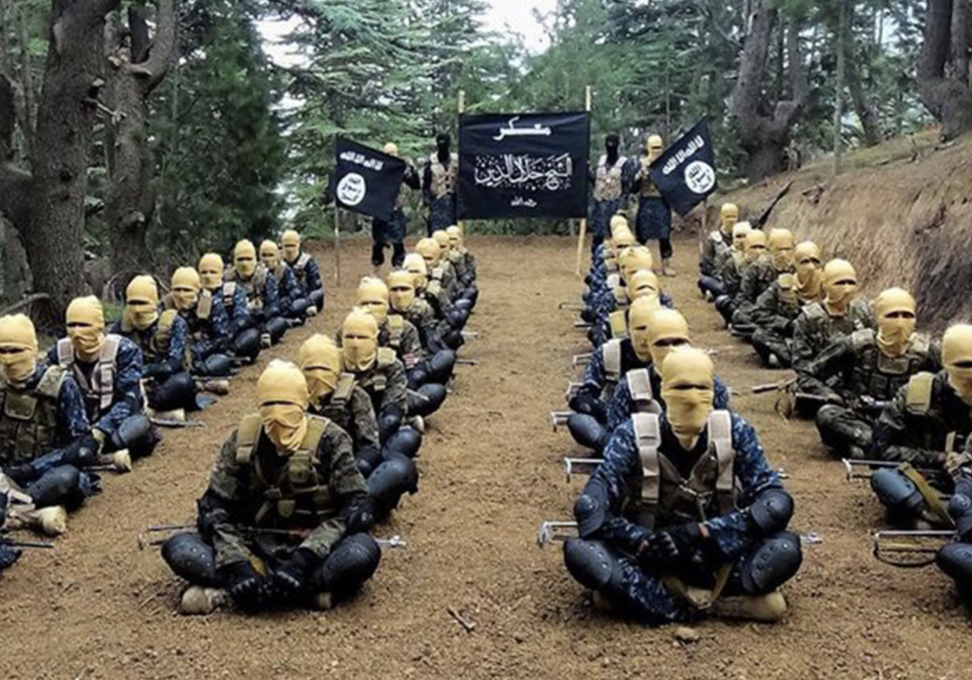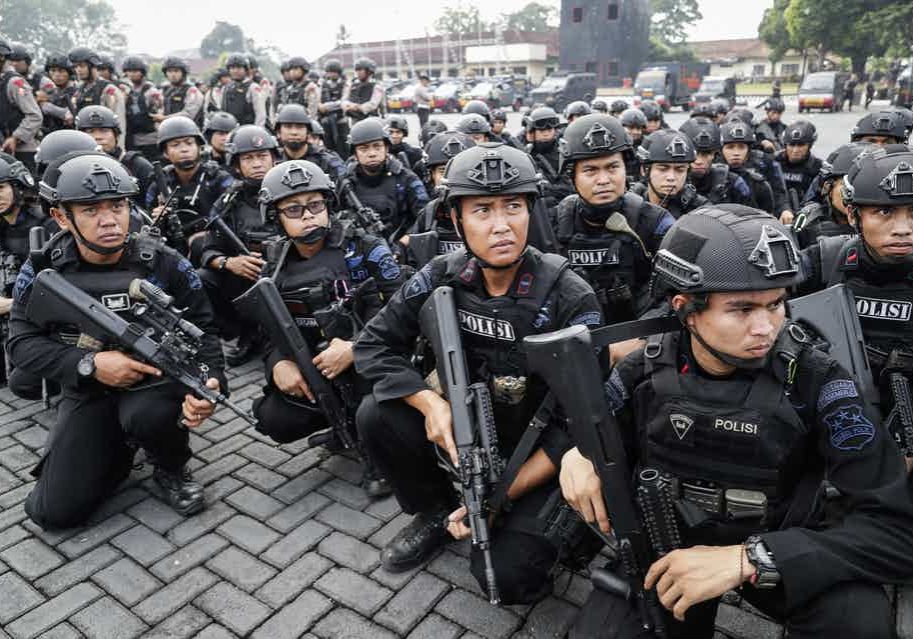Australia/Israel Review
A Crossroads in Afghanistan
Mar 1, 2010 | Alex Alexiev
By Alex Alexiev
The capture of the Taliban’s second in command in Karachi in early February has been treated in the media as a major US coup and a watershed event in US-Pakistani cooperation in the war against the Taliban. It is, regrettably, nothing of the kind. Even if Mullah Baradar is indeed the Taliban’s de facto military commander, the operational significance of whatever information can be extracted from him is likely to be limited. For the fact of the matter is that the Taliban are a highly decentralised organisation with very limited effective, let alone instantaneous, communications between its far-flung units in the field and its central “command.” It is not at all clear that somebody hiding out in a dingy apartment in Karachi is fully aware of what’s going on on the ground in Afghanistan.
As for US-Pakistani cooperation, it is worth noting that this ostensible milestone is treated in the local media as a non-event; in fact, Interior Minister Rehman Malik has publicly denied the reports of the capture as “propaganda.” Perhaps of even greater significance on that score is the statement by Gen. Ashraf Kayani, chief of staff of the Pakistani army, on the day the capture was announced, that the army’s objective in its campaign against the Taliban in South Waziristan has been accomplished and no further military operations are likely. What that means for the US is that Islamabad no longer intends to do anything about the key Taliban sanctuaries in North Waziristan or Baluchistan that sustain the Afghan Taliban.
Yet, the Karachi sideshow notwithstanding, a crucial watershed has been reached in Afghanistan. It is currently on display in the unfolding campaign in Helmand Province. In many ways, the Marjah campaign is an about-face from the way things were being done, and it offers the first realistic hope for victory in Afghanistan, much as the surge did in Iraq a couple of years ago. To understand what’s going on, the best place to start is a little-noticed analysis co-authored by the top US intelligence officer in Afghanistan, Maj. Gen. Michael Flynn, under the innocuous title “Fixing Intel.?”
It is a highly unusual military document in that, first, Flynn’s co-authors are a junior marine officer and a civilian analyst, and, second, it is unclassified. It is even more remarkable for what it says.
In a nutshell, Flynn et al. make the argument that our military personnel in Afghanistan have been preoccupied with strictly military tactics (search-and-destroy, countering IEDs, and so on), at the expense of understanding the larger sociopolitical environment. While this is understandable, given the casualties we’re taking from IEDs, and it must remain a priority, making it the only priority is a potential disaster at the strategic level, as the paper documents at some length.
The gist of this compelling analysis is that the war against the Taliban cannot be won by kinetic means alone. Ultimate success depends on our ability to secure the support of the Afghan people. To buttress their argument, the authors provide a number of real-life examples, including the remarkable experience of a Marine battalion in a district close to Marjah, which in just six months was able to win the confidence of the local population, help revive economic life there, isolate the Taliban, and bring down IED incidents by 90%. What Flynn et al. are essentially arguing for is a robust ground-level political-warfare campaign backed up by military muscle.
It is very sound advice, because the real vulnerabilities of the Taliban are political rather than military, and the Afghan people know that – better than we do. Contrary to the protestations of some, who want us to pull out regardless of the consequences, the Taliban are anything but representative of the Afghan people. Organised by the Pakistani Inter-Services Intelligence (ISI) in the early 1990s and designed to serve Pakistani interests in Afghanistan, the Taliban consisted mostly of detribalised Pashtun orphans indoctrinated in the countless madrassas run by the radical Islamist Deobandi. These madrassas were patronised by Pakistan’s military dictator, Zia ul-Haq, and financed by Saudi Arabia.
From the very beginning and to this day, the Deobandi/Wahhabi Islamist creed the Taliban practised was antithetical to the tolerant Sufi-based traditional Islam of the Afghans. So are the Taliban’s murderous pursuit of an “Islamic caliphate” under medieval Sharia rule, with its violent misogyny, and the Taliban’s rejection of the self-rule and tribal democracy that underpin Pashtun society, to say nothing about concepts like education and modernity. The Afghan villagers, though largely illiterate, intuitively understand all of this but need economic help and security on the ground to stand up to the Taliban curse.
It will not be easy or quick, because, despite their systemic vulnerabilities, the Taliban still have several huge advantages, such as their continuing unimpeded access to sanctuaries in Pakistan, their wealthy patrons in Saudi Arabia and the Gulf, and their unchallenged control of the US$3 billion-a-year Afghan opium trade. But people such as Gen. Flynn and top commander Gen. McChrystal have shown us that it can be done. It is now Washington’s job to deny the Taliban these advantages and make sure that our fighting men and women slogging through the mud in Marjah are given a real chance to finish the job.
Alex Alexiev is a visiting fellow at the Hudson Institute in Washington, D.C. Previously, he spent over 20 years as a senior analyst with the national security division of the Rand Corporation, and directed numerous research projects for the US Department of Defence and other agencies. He is the author of several books and myriad monographs and articles on national security issues. © National Review (www.nationalreview.com), reprinted by permission, all rights reserved.
Tags: Afghanistan/ Pakistan

